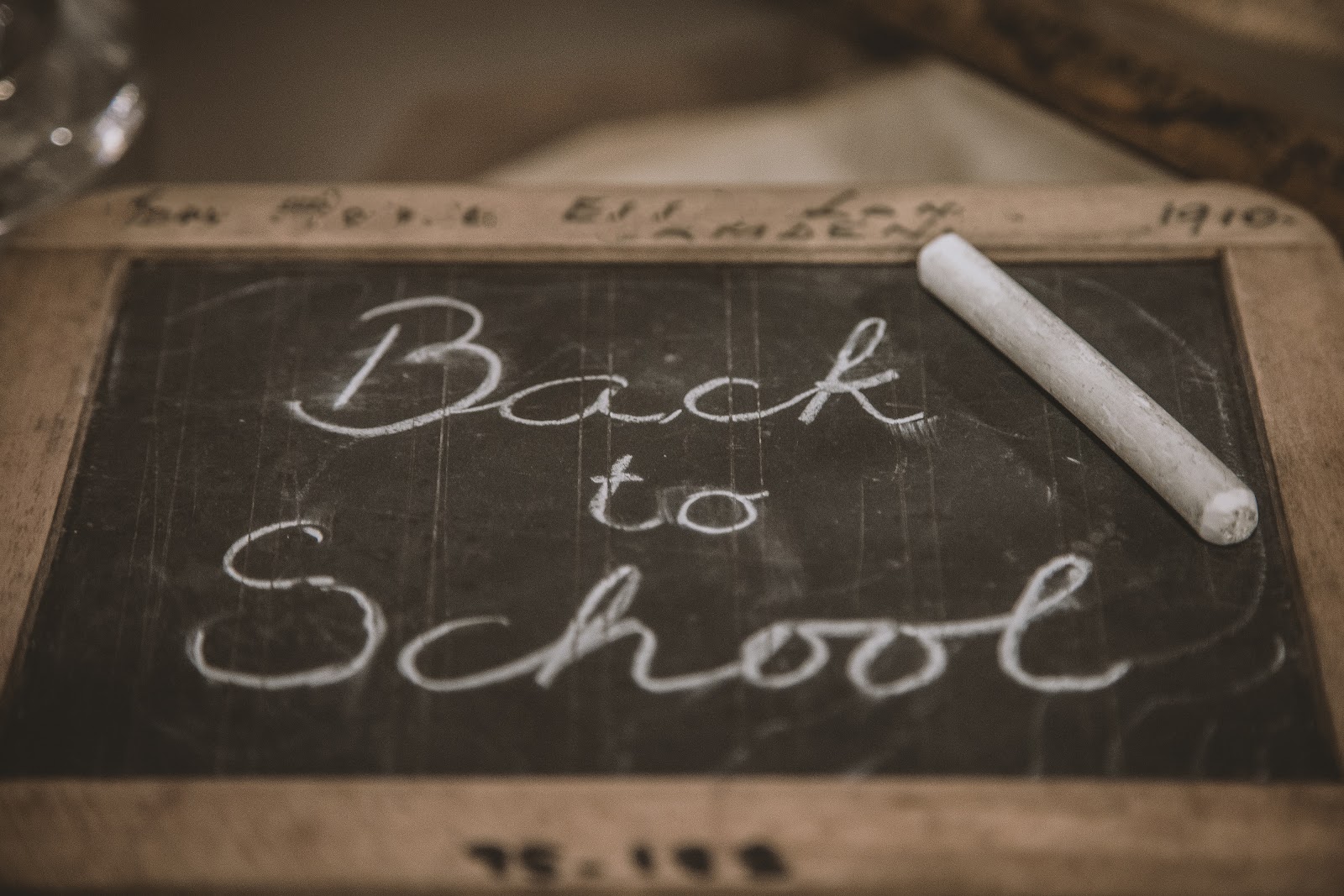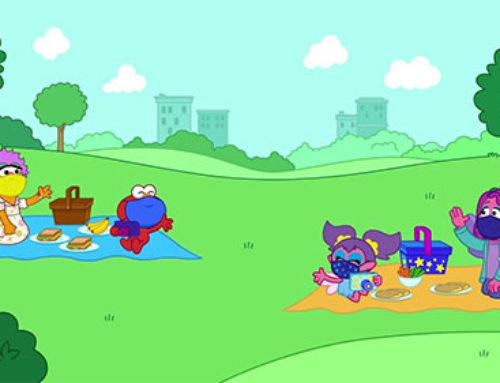A lot of children are heading back to the classroom full-time. This can create feelings of happiness, excitement, fear, anxiety, etc. Your child may be excited and go bouncing out the door to school. Some kids may resist the idea of returning to school because some may have liked it better than in-person. Kids with a lot of social anxiety, or who were bullied, or kids with learning disorders who had an easier time at home where they could do things at their own pace. We have some tips to ease the transition:
Expect challenges. You can help your younger children plan ahead by discussing who they want to sit near at school or on the bus. Let them pick their lunch for the day too. Small things like this help children feel more in control. When we feel in control those challenges feel easier to handle. Of course there may be things that are out of their control, so talk about what to do if our plans don’t work out. Take this opportunity to ask your children what they’re worried about and then talk about it.
Come up with a consistent schedule. Schedules probably went a little haywire during the last year. The first step to developing a new routine is accepting it won’t be perfect. Start the schedule before the first day to ease your family back into it. Start setting alarms earlier and shut off electronics earlier too.
Plan small gatherings. If your child is more introverted and you feel comfortable, you could try and meet some of the kids in your child’s class outdoors. It can help your child start using their social skills with people outside of home again. It’s important to talk about how schools will be encouraging kids to be socially distant, wash their hands and to wear their masks.
Practice separating. For children anxious about separating you can practice separating for small increments of time to help your child build up tolerance. For example, if you go to the store and your child wants to go- leave them at home if you can. Or it can be encouraging them to play alone for a chunk of time. It may not feel great as a parent at first, but these small doses of separation will help them when they leave for school. You can also tell them what you’re planning on doing while they’re at school. They can imagine what you’re doing instead of worrying where you are.
Avoid passing on your feelings. It’s important to keep your feelings in check because they can easily get passed onto your children no matter how old they are. If you have anxiety about your child going back to school make sure you have someone you can talk about it with.






